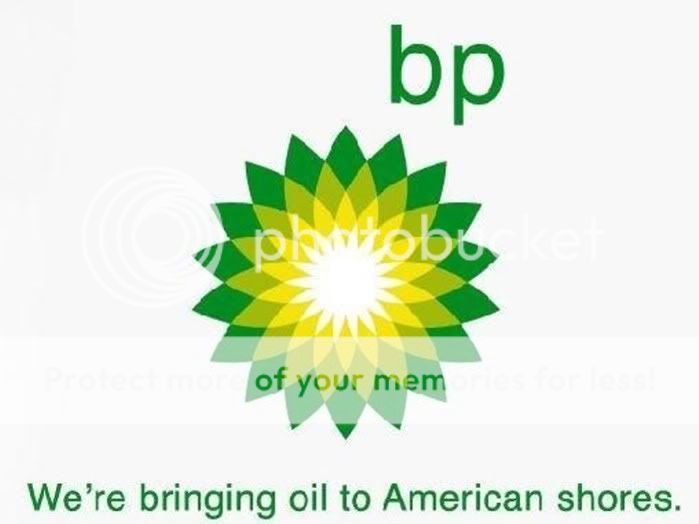As of July 15, more than 39,448 tons of BP oil spill waste was disposed in nine approved landfills in Alabama, Florida, Louisiana, and Mississippi. Five of the nine the landfills receiving BP oil-spill solid waste are located in communities where people of color comprise a majority of residents living within a one-mile radius of the waste facilities.
A significantly large share of the BP oil-spill waste, 24,071 tons out of 39,448 tons (61 percent),was dumped in people of color communities. This is not a small point since African Americans make up just 22 percent of the coastal counties in Alabama, Florida, Mississippi, and Louisiana, while people of color comprise about 26 percent of the population in coastal counties.These numbers present significant environmental justice implications that have not been addressed by government, including the U.S. EPA.
It is clear that theflow of BP oil-spill waste to Gulf Coast communities is not random. A disproportionately large share of the oil waste is headed to African American and other people of color communities. Dumping BP disaster waste on communities of color is not "green" nor is it a pathway to recovery and long-term sustainability,
Allowing BP, Gulf Coast states, and the private disposal industry to select where the oil-spill waste is dumped only adds to the legacy of environmental racism and unequal protection. Environmental justice communities and their allies are demanding that BP end the unfair waste dumping practice. They also want to see EPA and the U.S. Coast Guard engage in a more rigorous oversight of BP's waste plan to ensure that no single community or population in the Gulf Coast states becomes the oil-spill waste dumping grounds.






